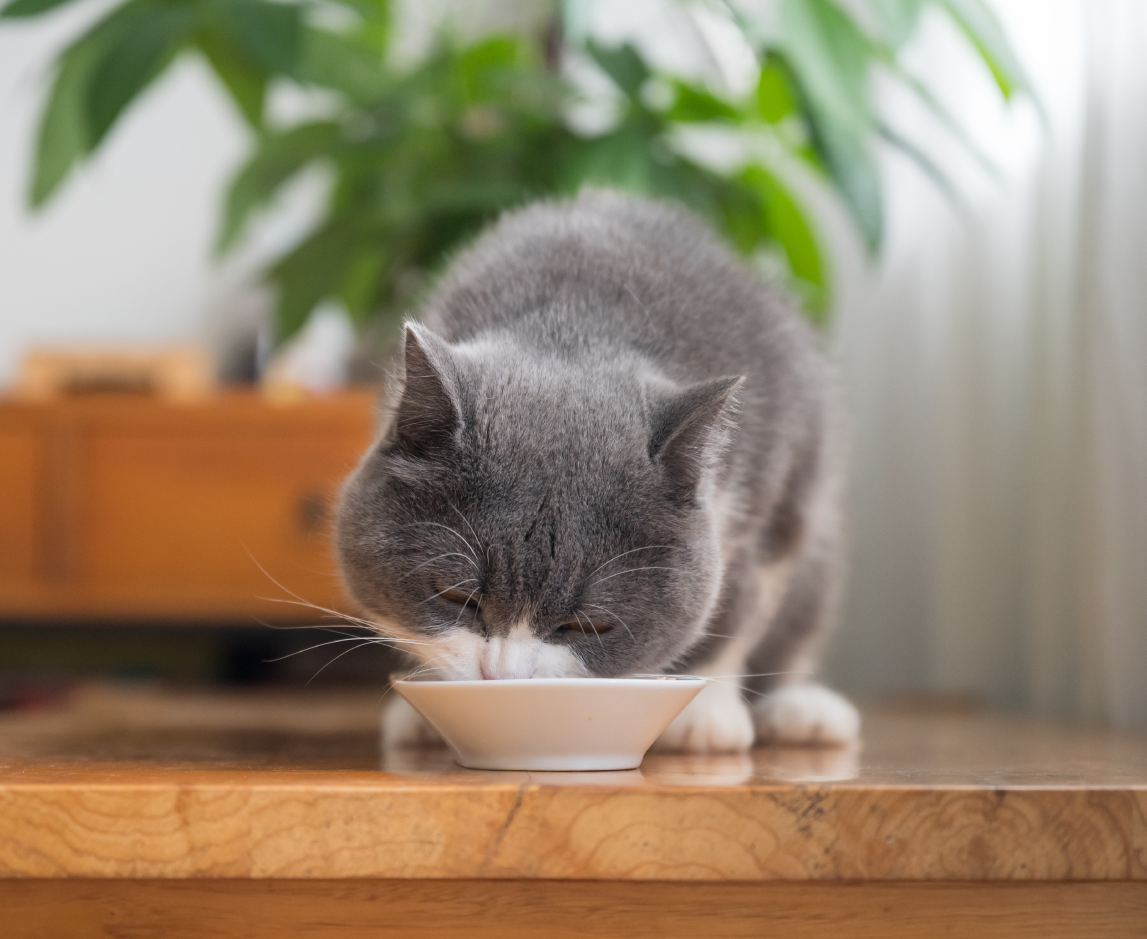Every so often it seems that a never-before-seen ingredient begins appearing on pet food labels, or maybe one not seen in the animal nutrition space. Obviously this occurrence causes intrigue among pet parents who are always looking to help a pet live their best life possible. One such powerhouse ingredient is the New Zealand Green Mussel. Let’s take a moment to take a peek under the shell at this amazing mollusk:
Wait a Minute…Is It an Oyster, Clam, or Mussel?
Before we get too far into the weeds (quite literally) at the differences between these shelled creatures, we must first recognize that each is a member of the invertebrate phylum Mollusca. The second most common of the mollusks are the two-part shelled bivalves like oysters, clams, and mussels. But back to our question, which bivalve is a New Zealand Green Mussel and how do we know? Fortunately, these three shellfish are fairly easy to distinguish from looks and habitat alone.
Oyster - A little more regular and uniform in shape, oyster shells can be brown, white, or gray. Only found in salt or brackish water, oysters tend to live more static lives, often found joined with large groups of oysters in clusters.
Clam - Although their inner shells can be quite colorful, clams’ outer shells are mostly brownish, light tan, or white in color and reside in fresh or saltwater. With a foot for burrowing into soft sand, clams are typically found hiding in the mud or sand.
Mussel - Like their bivalve cousin the clam, mussels can thrive in both sea and freshwater. Mussels have distinct dark blue or black shells which take a more oblong shape. They also secrete thin fibers (byssal threads) which allows them to stick to rocks or other mussels.1
The Benefits of the Mussel to Pets
Before we discuss the multiple benefits of feeding mussels to both cats and dogs, it’s important to reiterate that danger is always present when feeding raw foods to pets. Be sure to follow food safety guidelines when giving pets raw mussels or cook them to maximize safety. Both dogs and cats should never be given mussel shells to avoid choking. Now let’s look at the health benefits of consuming mussels for pets:
Great Source of Omega-3 Fatty Acids - Omega-3 fatty acids are abundant in mussels. These essential fatty acids bolster canine brain function, limit inflammation, and contribute to dogs’ having healthy coats.
Powerful Protein - The importance of protein in building muscle and maintaining a healthy body composition is well known among pet parents. The highly digestible mussel protein is a great option for animals with sensitivities or allergies to more common proteins.
Aid in Joint Health - The benefits that glucosamine & chondroitin provide to the joint health of pets is well known. Chondroitin is vital for the body to maintain fluid and flexibility in the joints, while glucosamine is a sugar protein that serves as a cartilage building block. The presence of both substances in green mussels make them extremely beneficial to include in a pet’s diet.
Provide Micronutrients - Mussels are rich in B12 vitamins and minerals such as selenium, manganese and zinc which provide immune system support for pets and improve overall bone health.
FAQs
What’s the significance of “New Zealand”?
Fortunately, mussels do not necessarily need to be from New Zealand to pack a nutritional punch for pets. However, having a climate and land/sea scape that allows green mussels to thrive makes New Zealand an abundant supplier of the superfood. In fact, the aquaculture industry in New Zealand was valued at over $200m in 2020.
Do the mussels have to be Green or “Green-Lipped” to be effective?
While the health benefits to pets from mussels listed above result from a wide variety of mussels, GLM (Green-Lipped Mussels) are particularly bountiful sources of omega-3 fatty acids. GLMs contain a rare third omega-3 called “Eicosatetraenoic Acid" which works to further reduce inflammation. Not only is it great for your pet, but the New Zealand GLM also comes from the clean waters of NZ where they’ve been named one of the “top two eco-friendly kinds of seafood in the world” by the International Conservation Organization Blue Ocean Institute!
Mussel Up with RAWZ!
Whether it’s their abundance of omega-3 fatty acids, powerful protein, or bounty of vitamins and minerals, mussels can sure be a great part of a pet’s nutritional plan! RAWZ offers many different wet food options featuring mussels including multiple recipes with the amazing eco-friendly New Zealand GM. Check out our Where to Buy page to locate your nearest RAWZ retail partner where you can join us in improving the lives of pets through minimally processed nutrition!
- Spencer, Erin. “What’s the Difference Between Clams, Mussels and Oysters?.” Ocean Conservancy, 19 March 2021, https://oceanconservancy.org/blog/2021/03/19/clams-mussels-oysters/.





